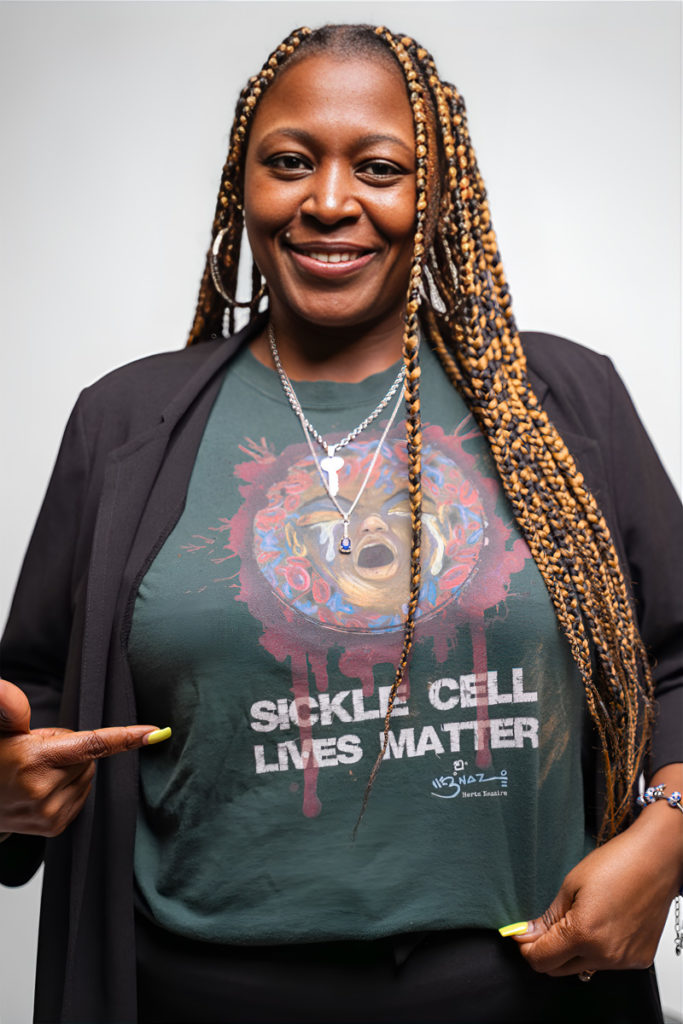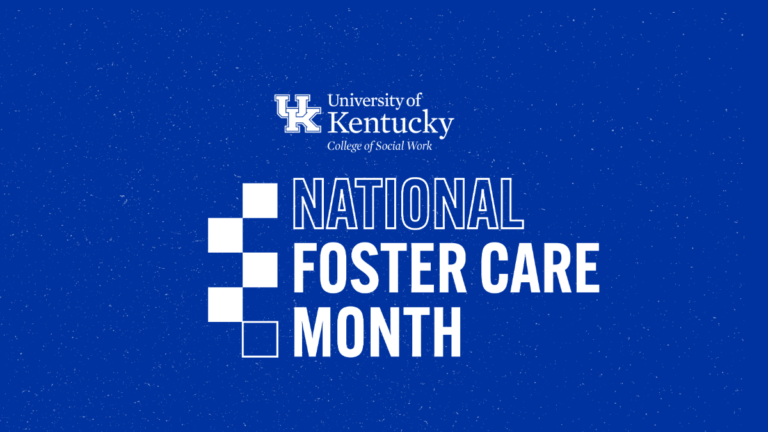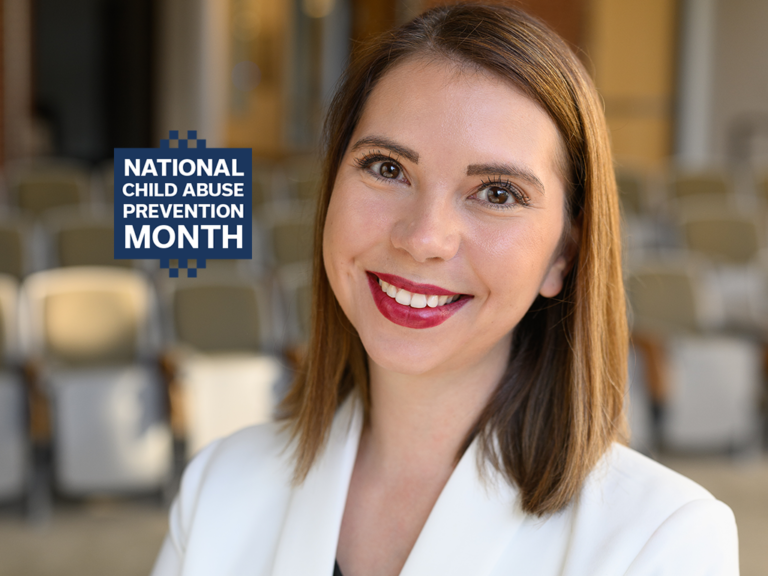Lexington, KY (May 1st, 2024)— La’Shardae Scott, a Doctorate of Social Work (DSW) student from the University of Kentucky College of Social Work (CoSW), will walk across the University’s stage this week to receive her diploma. Beyond her academic achievements, Scott has transformed her personal challenges into a vigorous advocacy for sickle cell disease (SCD) awareness.
Earlier this year, Scott was invited to speak at the White House during the Rare Disease Forum on the impact of sickle cell disease (SCD).
“Sickle cell disease isn’t just a medical condition; it’s a social issue that reflects deeper inequalities in our healthcare system and society.” Scott shared her personal experience and her doctoral research at the Forum. “My journey, both as a mother and a social work professional, has shown me the urgent need for advocacy and inclusive policies for those living with SCD.”

Formerly a secondary education teaching student, Scott is now the president and CEO of the Scott Center for Observation, Treatment, and Transition (S.C.O.T.T.), a nonprofit organization dedicated to assisting families and individuals with SCD in transitioning from pediatric to adult care. After receiving a diagnosis that both of her children has SCD, she faced first-hand the challenges and stigma associated with treatment, pain management, and general education.
The S.C.O.T.T. foundation is dedicated to minimizing infant mortality in communities of color through education and advocacy.
According to the Mayo Clinic, SCD affects millions globally, characterized by abnormal, sickle-shaped red blood cells that impede blood flow, causing painful, unpredictable episodes and complications that can vary in severity and require hospitalization. It occurs in approximately one out of every 365 Black or African American births, with one in 13 born with a sickle cell trait.
“When we speak about statistics and numbers across the board, we know that there is a lot of systematic racism when it comes to the SCD population,” Scott shared in D.C. “There is a lot of work to be done reducing health disparities. Something we need to take into consideration when caring for individuals who are afflicted with sickle cell is the stigma associated with it and the need for pain management”.
Social workers play a critical role in bridging the gap between medical conditions and societal wellbeing; advocating for inclusive policies and understanding the barriers that specific populations might face. Scott’s research in the DSW program has been published in the Journal on Sickle Cell Disease will become available on June 7th, 2024.

“The primary focus of this conceptual paper will be to highlight the importance of integrating ecological theory, system theory, and empowerment theory into the roles and duties of social workers in positions of leadership and administration” Scott said. “The intent of this integration is to aid individuals with sickle cell disease throughout their healthcare and daily life transitions.”
“Although this road has been a difficult journey for myself and my family,” Scott shared, “I am grateful for DSW program at UK that gives me tools for both research and advocacy. I believe in that social work and advocacy are essential to effectively helping SCD thrive.”
In June 2024, Scott will be presenting her published research, “Transition of Sickle Cell Disease Patients: An Expansive Conceptualization Framework” at the 18th Annual Sickle Cell Disease Research & Educational Symposium.
Scott has been featured in Rare Revolution Magazine, Voyage Ohio Magazine, the American Red Cross, The Sojourner’s Truth, and Toledo’s 20 under 40, among others. She was recently awarded as Advocate of the Year by Sickle Cell 101, a web-based educational platform and nonprofit and awarded the 2024 Hero/Shero of Health Awards from the Ohio Commission of Minority Health.
Through her advocacy, research, and leadership, Scott has not only shed light on the complexities and challenges of living with SCD but has also underscored the crucial role social work plays in bridging the gap between medical care and societal well-being. Scott’s story serves as a powerful reminder of the potential for individual experiences to fuel meaningful change and advance the conversation around rare diseases and health equity.







